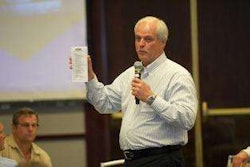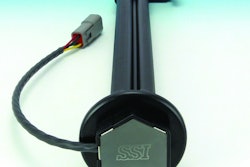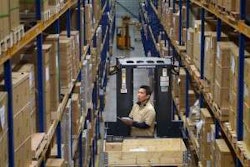The U.S. Foreign-Trade Zones Board recently approved the reorganization and expansion of the service area of Foreign Trade Zone 203 under the “Alternative Site Framework” plan to now include the Port of Quincy and the greater Quincy, Wash. area. Companies or businesses wanting to locate in the Port of Quincy now can get approved to use the FTZ in 30 days or less.
Foreign Trade Zones were created in the United States to provide special customs procedures to U.S. plants engaged in international trade-related activities. Duty-free treatment is accorded items that are processed in FTZs and then re-exported, and duty payment is deferred on items until they are brought out of the FTZ for sale in the U.S. market; this helps to offset customs advantages available to overseas producers who compete with domestic industry.
According to the Port of Quincy, one of the key reasons that many companies are attracted to the area is because of the infrastructure, including low-cost and green hydroelectric power, fiberoptics availability and capacity, abundant supply of water, a convenient location on the Seattle-Chicago main line of the Burlington Northern Santa Fe Railway, and close proximity to Interstate 90 and the Ports of Seattle and Tacoma.
The Port of Quincy also has an intermodal terminal and rail cargo handling facility on the BNSF mainline. The intermodal terminal includes more than 10,000 feet of track and a container maintenance and cleaning facility with nearly 1 million square feet of cold storage warehousing in close proximity to provide shippers with distribution, cross-dock and storage capacity in and out of the Washington state. The port also is home to the Pacific Northwest-Chicagoland Express “Cold Train,” which has helped turned the facility into a key distribution hub for the central Washington area.
“We are excited about the international trade and economic development benefits that are now available to businesses locating within the Port of Quincy as a result of being included in the service area of Foreign Trade Zone 203,” says Curt Morris, Port of Quincy chair. “The FTZ will be able to immediately serve sites or businesses located in the Quincy Port District through an expedited process.”











